Senate approves recreational cannabis compromise, measure awaits final vote in House of Delegates
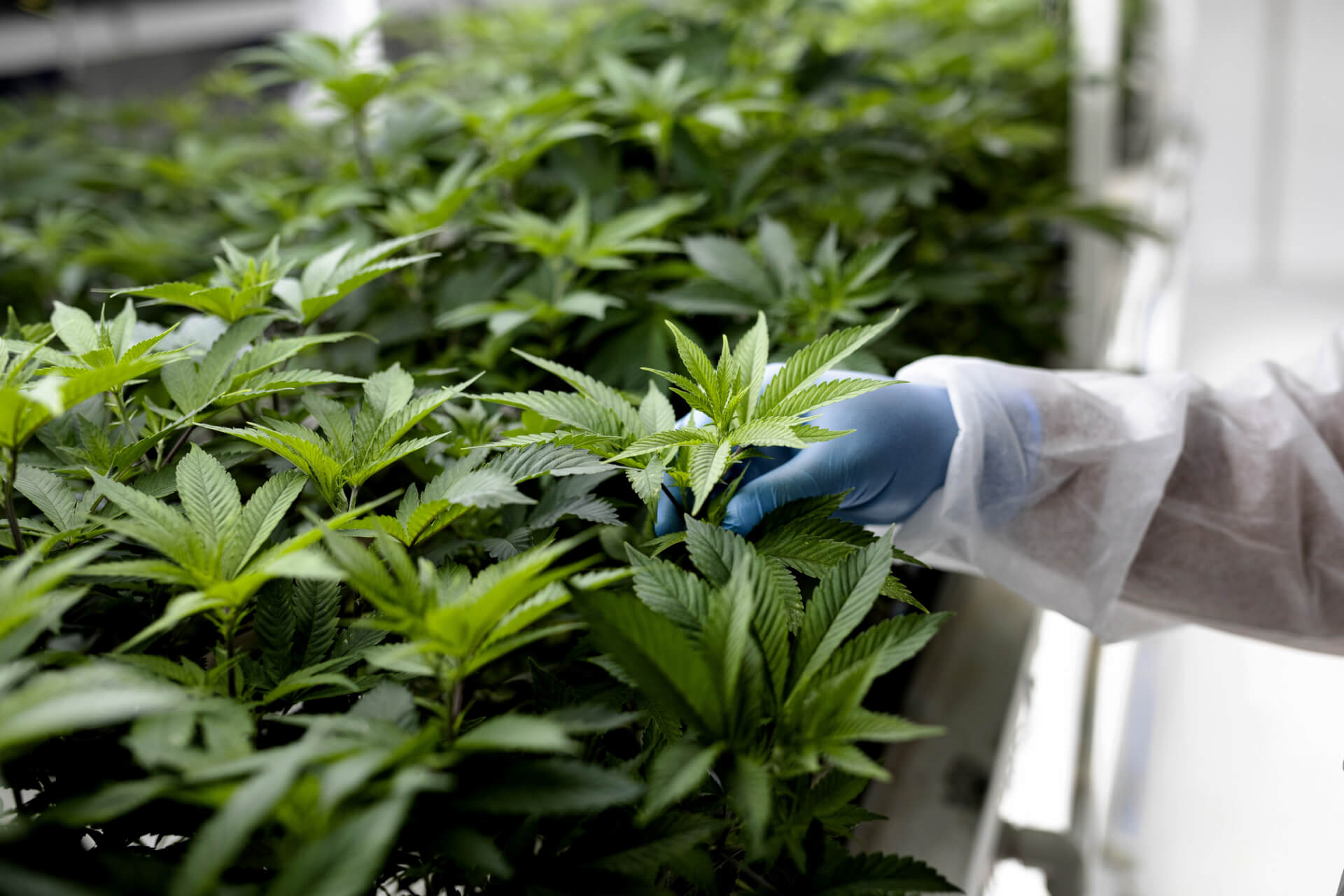
Legislation that would allow the first legal cannabis sales for recreational use is closer to final passage.
The Senate late Friday night gave final approval to House Bill 556. The vote sends the bill back to the House for a vote possibly as early as Saturday. That chamber would need to concur with a late, but technical, amendment added before a final vote.
The Senate vote follows action in the House Economic Matters and Senate Finance Committees earlier that day. Each approved identical amended versions of legislation to establish the required licensing, regulatory and taxation framework needed for sales to begin as soon as July 1.
The 108-page bill represents days of final negotiations between leaders of the two committees after the Senate sent the House its bill with significant differences from one passed by delegates.
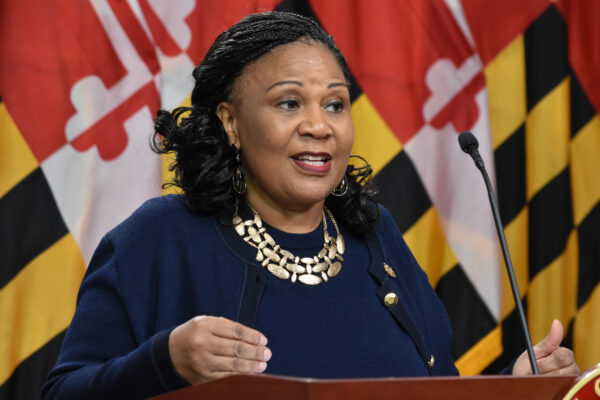
Senate Finance Chair Sen. Melony Griffith (D-Prince George’s). Photo by Bryan P. Sears.
“We’ve all taken in the information that’s available from other states and some experiences that we’ve had here,” said Senate Finance Committee Chair Melony Griffith (D-Prince George’s). “We have great expertise here in Maryland, with our medicinal cannabis program, and have had tremendous success. So all of those ingredients, if you will, have been rolled into what now is our cannabis framework.”
The House of Delegates could take up the amended version of Senate Bill 516 during a planned Saturday session.
Final passage is needed before the session ends Monday night.
The legislation as finalized by the two committees, calls for 75 grower licenses, 100 processor licenses and 300 dispensary licenses.
Standard grower licensees could have up to 300,000 square feet of growing space. Existing grow licensees could not expand their current space more than 20%.
Some have raised concerns that the limits on growing space — called canopy — could ultimately cause prices to crash and drive some entrepreneurs out of the industry.
The amended legislation also creates so-called micro-licenses including 100 grower, 100 processor and no more than 10 dispensary licenses for operations that do not have a brick and mortar store location. Micro-growers would be limited to no more than 10,000 square feet of growing space. Micro-processors would be limited to 1,000 pounds of cannabis annually.
Licensees in both classes could own one grow and one processor license and up to four dispensary licenses.
Current license holders would be required to convert to a new license to sell medical and recreational cannabis. Growers and processors will pay a fee of 10% of gross income capped at $2 million. Dispensaries will pay an 8% fee based on annual gross income.
The bills also prohibit a dispensary within 500 feet of schools, childcare facilities, playgrounds, churches and other sensitive areas. Dispensaries cannot be located within 1,000 feet of each other. Counties can set stricter limits so long as they do not create situations in which a county would have no dispensaries.
Wilson said “the goal is to get rid of the illicit market. If there’s a county that says they don’t want any cannabis, that means that the citizens don’t have access to cannabis — that’s the opposite effect.”
The bill also ends the sale of hemp-based products that are also intoxicants.
“It was a loophole to be very honest, okay,” said House Economic Matters Chair C.T. Wilson (D-Charles). “Most of us here would not have voted for that had we known that they would be selling gummies that would get people high and are not being tested.”
The provision retains the language inserted by a Senate committee banning the sale of non-cannabis products containing small amounts of Delta-8-tetrahydrocannabinol and Delta-9-tetrahydrocannabinol. Both products have psychoactive and intoxicating effects that can produce a euphoric feeling in users, according to the National Institutes of Health.
Industrial hemp farmers would be protected under the bill as well as the continued sale of hemp-based topicals and tinctures.
The compromise also restored the portion of cannabis tax revenue earmarked for incorporated municipalities.
“It’s the first step in supporting local implementation of the new industry and working hand in hand with leadership to make sure it is done right,” said Justin Fiore, a spokesperson for the Maryland Municipal League.
Other key provisions include:
- A flat sales tax rate of 9% — identical to the tax on alcoholic beverages. The House favored an initial 6% rate that phased in to 10%. The 9% rate with no phase-in was favored by the Senate.
- Creates an independent Maryland Cannabis Commission. That panel will have power to set limits on the potency of cannabis products sold in the state.
- Allows for the possibility of online retail sales as early as July 2025.
- Bans indoor smoking lounges but would allow for the possibility of onsite outdoor consumption at some retail sites.
- Adds some existing licensees to the definition of a social equity license. The change could make those businesses licensed before October 2022 that have yet to begin operations eligible for grant and other programs.
Editor’s Note: This story was updated to reflect a final Senate vote on Friday night.

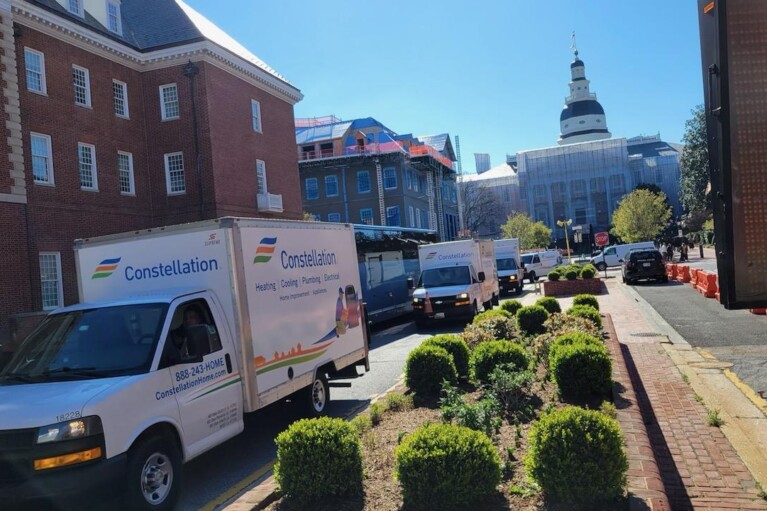
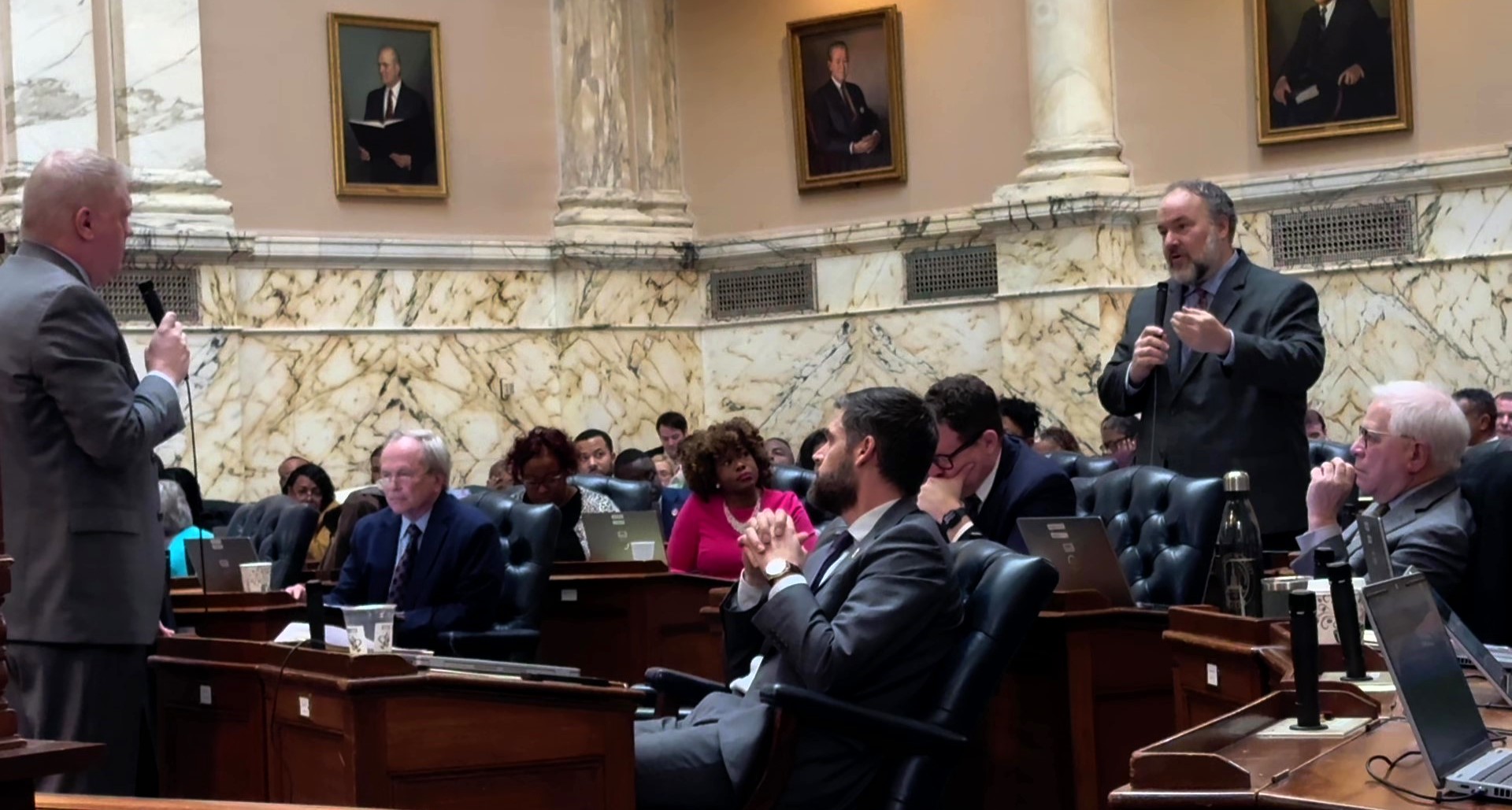
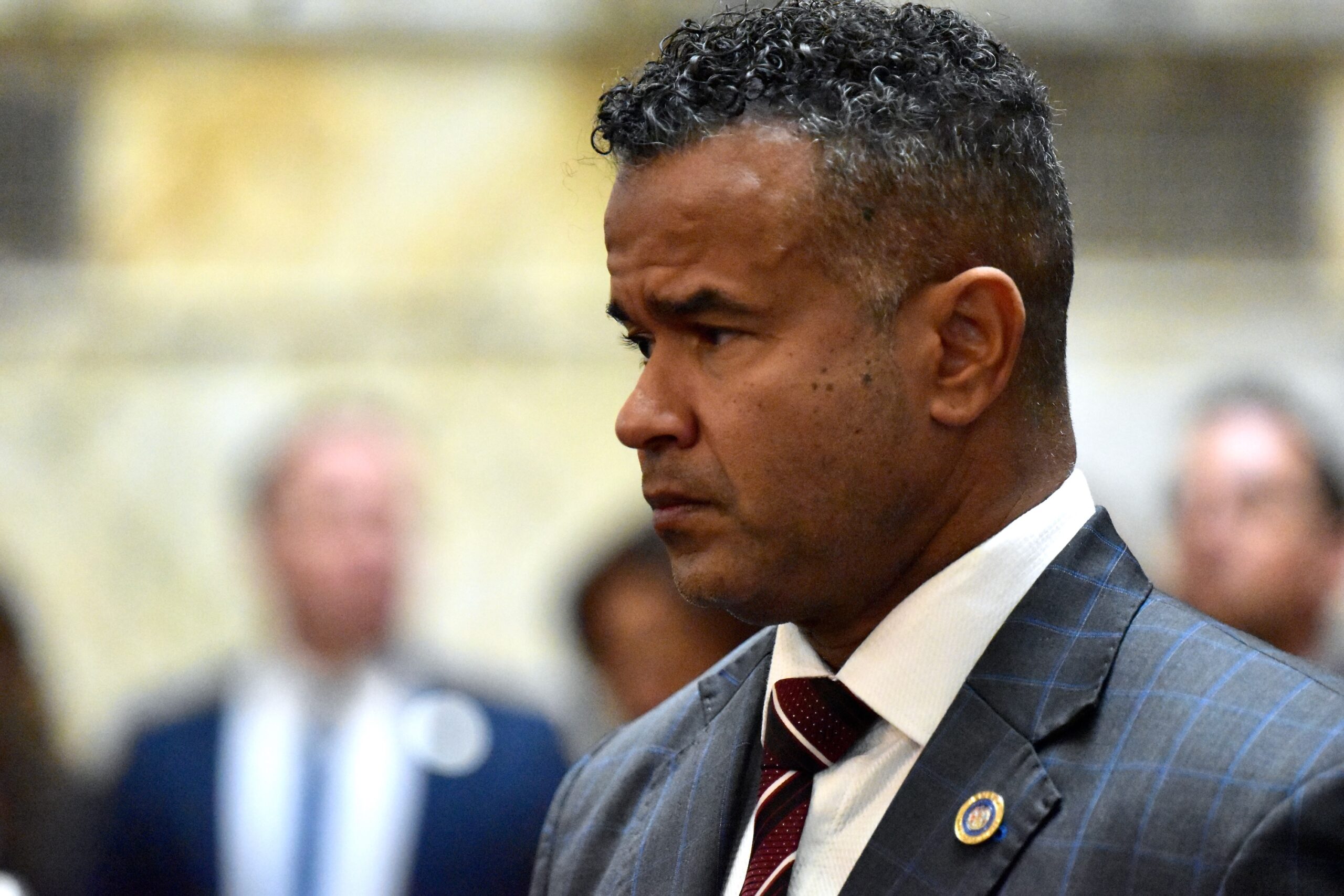
 Creative Commons Attribution
Creative Commons Attribution